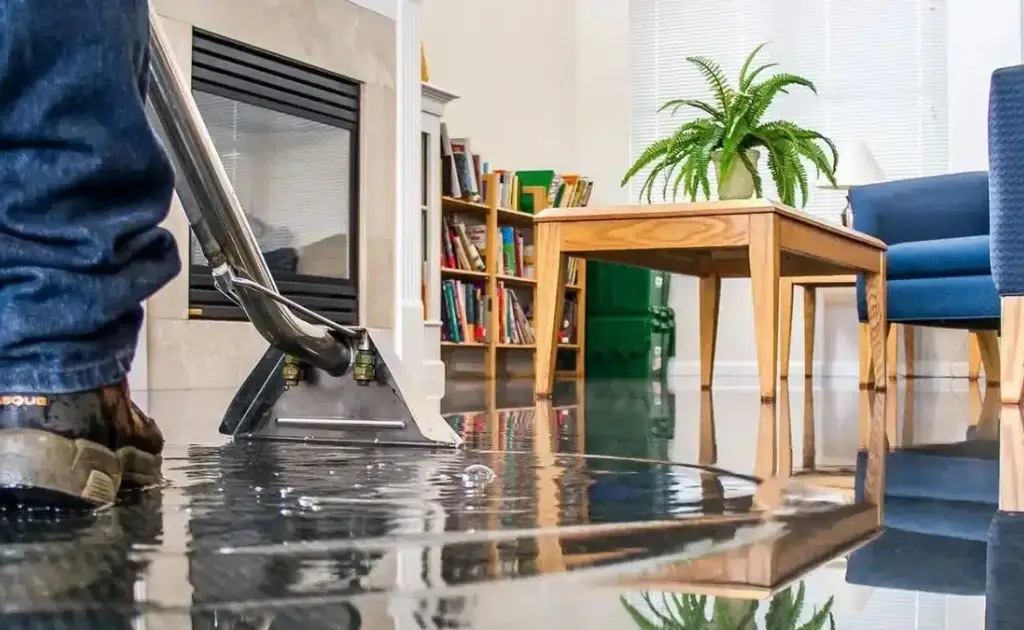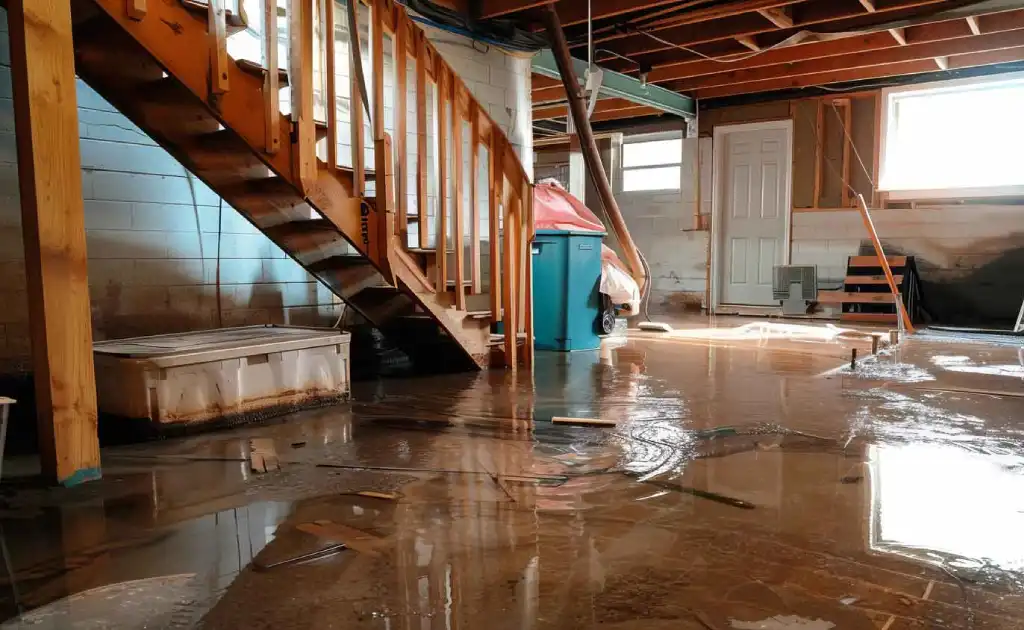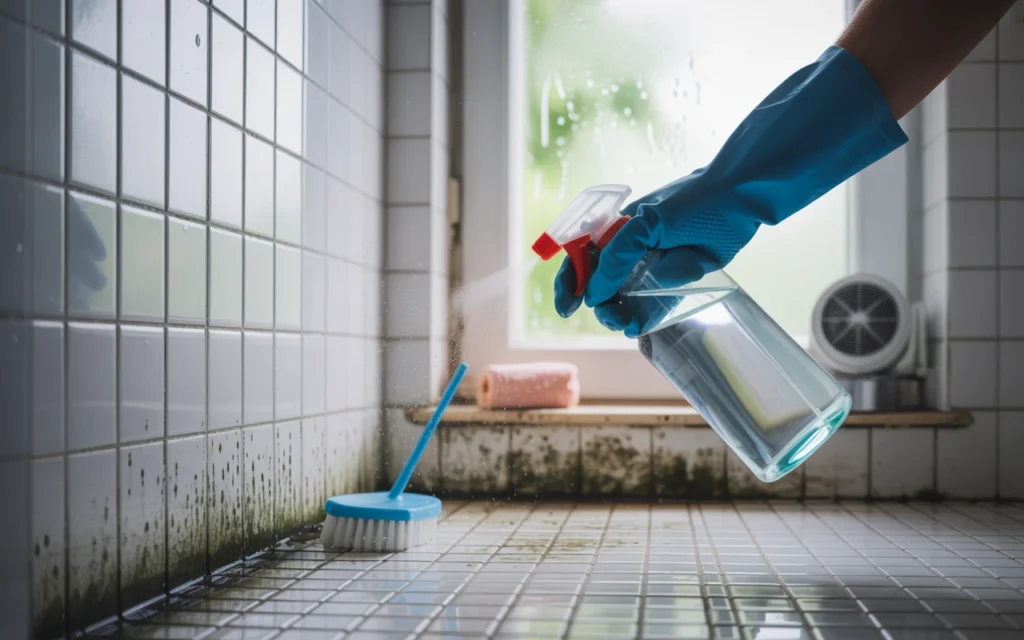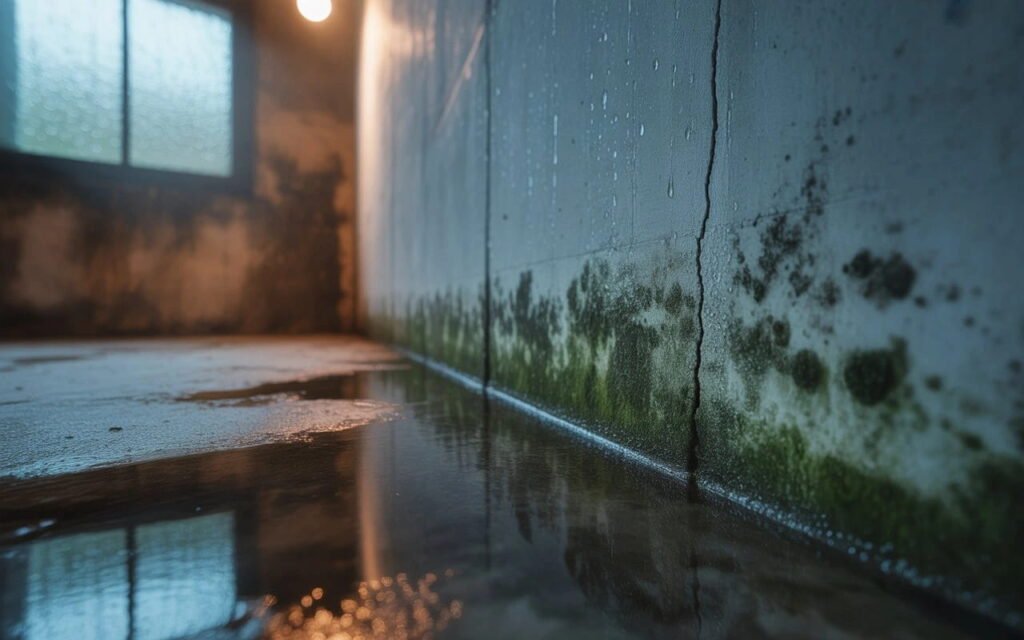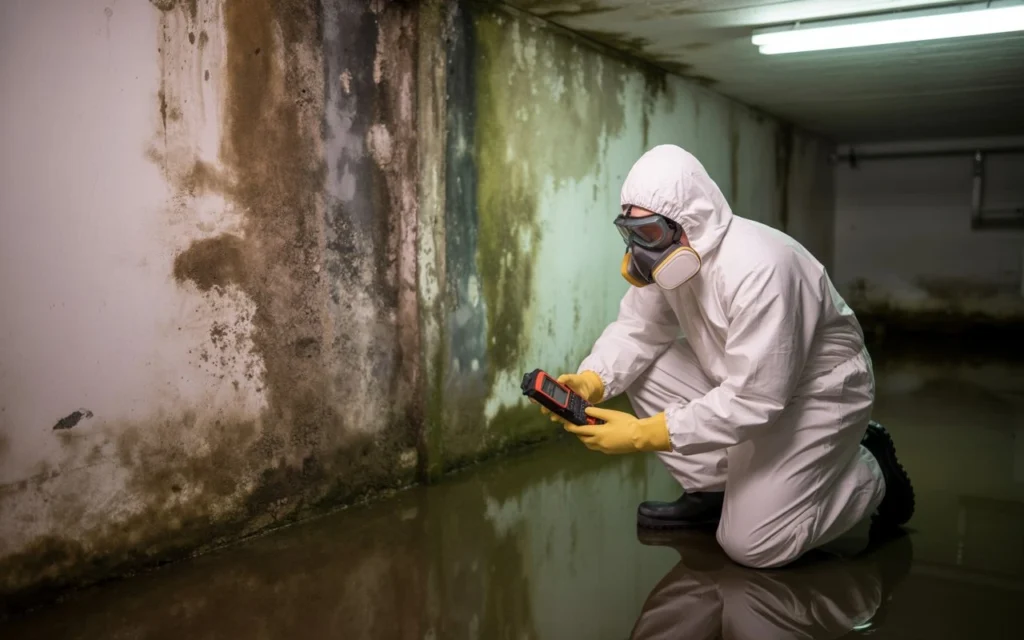Fire Damage Prevention Tips: How to Protect Your Home
Fires can be very destructive, causing serious damage to property and posing risks to life. However, many fires can be prevented with the right precautions and safety measures. Protecting your home from fire damage involves understanding common fire risks and putting in place effective strategies to minimize these risks. This guide provides essential tips for keeping your home safe from fire.
1. Install and Maintain Smoke Alarms
Smoke alarms are essential for early fire detection and can greatly increase your chances of escaping a fire safely. They detect smoke before it becomes a big fire, giving you extra time to react. To ensure you are protected, install smoke alarms in every bedroom, outside each sleeping area, and on every level of your home, including the basement and attic if you have them. Choose between ionization alarms, which are good at detecting fast-burning fires, and photoelectric alarms, which are better at spotting slow-burning fires. For the best protection, consider using both types or a combination alarm.
When installing smoke alarms, place them on the ceiling or high on the wall, and avoid putting them near kitchens or bathrooms where steam or cooking fumes might cause false alarms. Regular maintenance is important. Test each smoke alarm at least once a month to make sure it’s working properly. Replace the batteries at least once a year, or use long-life batteries that last up to 10 years. Smoke alarms should be replaced every 10 years or sooner if they show signs of not working.
2. Develop a Fire Escape Plan
Having a fire escape plan is important for making sure everyone in your home knows what to do if a fire happens. A good plan can save lives and prevent injuries. Start by drawing a floor plan of your home, showing all rooms, doors, windows, and exits. Mark two ways out of each room, if possible, and make sure all exit routes are clear and not blocked by furniture or other items. Choose a safe meeting spot outside the home where everyone should go after escaping. This helps ensure that everyone is accounted for.
Practice your fire escape plan regularly with all family members, including children and pets. This helps everyone become familiar with the plan and reduces panic during an emergency. Review and update your fire escape plan periodically, especially if you make changes to your home or family situation.
3. Maintain Electrical Safety
Electrical problems are a common cause of house fires, so proper care and usage of electrical systems are crucial for fire prevention. Have a licensed electrician check your home’s wiring, especially if it’s old or shows signs of wear. Faulty wiring can lead to overheating and fires. Avoid overloading electrical outlets or using too many extension cords. Plug high-wattage appliances directly into wall outlets and avoid connecting multiple cords together.
Ensure that all electrical devices and appliances are tested and approved by a recognized safety organization, like UL (Underwriters Laboratories). Unplug appliances when they’re not in use, particularly if they have frayed cords or are damaged. Consider installing Arc Fault Circuit Interrupter (AFCI) breakers, which can detect electrical faults and shut off the circuit before a fire starts.
4. Manage Flammable Materials Safely
Proper storage of flammable materials is key to reducing fire risk. Many household items can easily catch fire if not handled correctly. Store flammable materials like gasoline, propane, and paint away from heat sources, open flames, and electrical equipment. Use approved, airtight containers for flammable liquids and make sure they are labeled correctly and kept in a well-ventilated area. Dispose of old or unused flammable materials according to local regulations, as many communities have special disposal programs for hazardous materials.
When handling and using flammable products, always follow the manufacturer’s instructions and avoid using them near open flames or sparks. Clean up spills of flammable liquids immediately and safely, using the right cleaning materials and ensuring the area is dry and free of residue.
5. Install and Maintain Fire-Resistant Materials
Using fire-resistant materials in your home’s construction and renovation can help limit fire damage. Consider using fire-resistant roofing materials, such as metal or asphalt shingles, and siding materials like fiber-cement boards or brick. These materials are less likely to catch fire and can help protect your home. Fire-resistant insulation materials, like mineral wool or fiberglass, can also slow the spread of fire and improve safety.
Regularly check and maintain fire-resistant materials to ensure they stay effective. Replace any damaged or worn materials promptly. Make sure fire doors, which are designed to resist fire and smoke, are properly installed and maintained. They should close tightly and be free of obstructions.
6. Practice Safe Cooking Habits
Cooking is one of the leading causes of house fires. To prevent cooking-related fires, never leave cooking food unattended on the stove or in the oven. Stay in the kitchen while cooking and keep an eye on the food. Keep flammable items, such as dish towels, paper towels, and oven mitts, away from the stove and other hot surfaces. Using a timer can help remind you to check on food, reducing the risk of overcooking and fire.
If a grease fire starts, never use water to put it out, as water can make the fire worse. Instead, cover the pan with a metal lid or use a fire extinguisher rated for grease fires (Class K). Keep a fire extinguisher readily available in the kitchen and ensure it is suitable for grease fires.
7. Maintain Your Home’s Heating Systems
Heating systems can be a fire hazard if not properly maintained. Regular upkeep and safe practices are important to prevent heating-related fires. Have your heating system, including furnaces and space heaters, inspected and cleaned by a professional regularly. Dust and debris can cause overheating and fires. Keep all heating equipment clear of combustible materials like furniture, paper, and cloth.
If you use space heaters, place them on a flat, stable surface and keep them away from flammable materials. Always turn off space heaters when you leave the room or go to bed.
Conclusion
Preventing fire damage is a crucial aspect of home safety that requires attention to detail and proactive measures. By installing and maintaining smoke alarms, developing a fire escape plan, practicing electrical safety, managing flammable materials properly, using fire-resistant materials, practicing safe cooking habits, and maintaining your heating systems, you can significantly reduce the risk of fire and protect your home and loved ones.
Following these fire prevention tips not only helps safeguard your property but also improves the overall safety and well-being of your household. Regularly review and update your fire safety practices to ensure your home remains protected from fire hazards. Taking these steps will give you peace of mind, knowing that you’ve done everything possible to prevent fire damage and keep your home safe.

